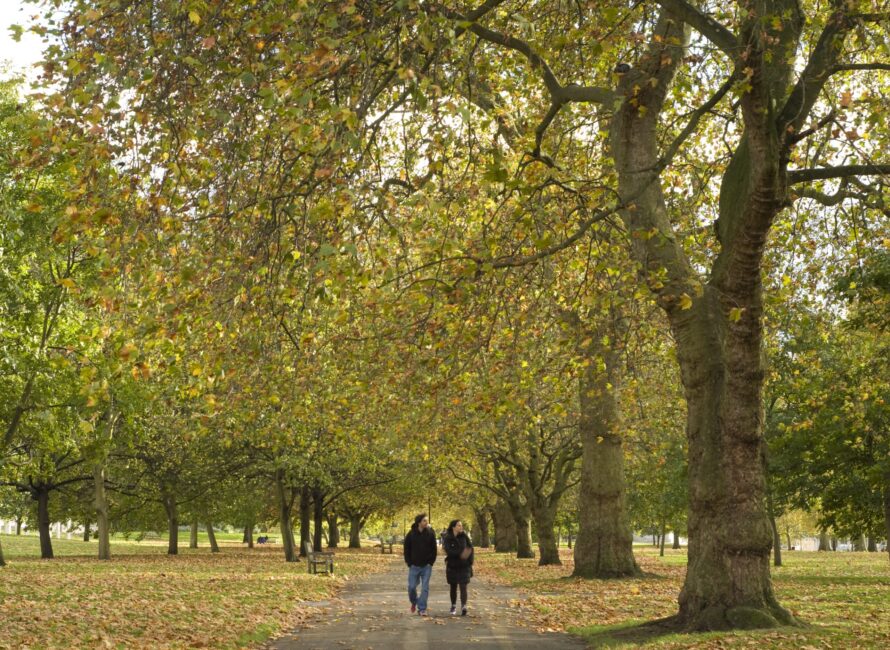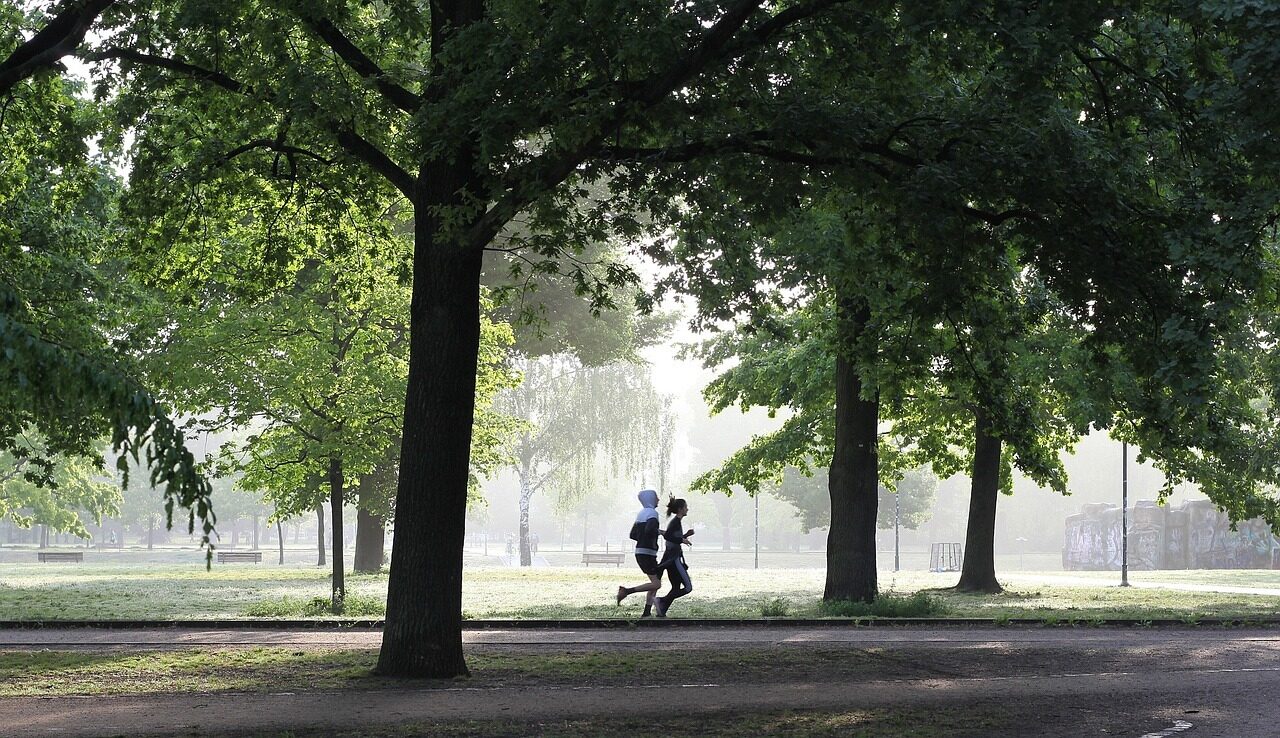1. Stress Reduction
Spending time in nature has been proven to lower cortisol levels, the hormone linked to stress. Whether you’re taking a stroll in a park or sitting quietly in a garden, natural environments help your mind unwind, offering much-needed respite from the stresses of everyday life.
2. Improved Mood
Even a brief period spent in green spaces can boost your mood. Exposure to natural light, fresh air, and greenery stimulates the release of endorphins, which are known as the body’s ‘feel-good’ chemicals. Green spaces are, in essence, a natural way to combat feelings of sadness or anxiety.
3. Mental Clarity and Focus
Nature offers the perfect opportunity to disconnect from the overstimulation of modern life. Whether walking through a woodland or sitting by a river, being surrounded by nature encourages mindfulness, helping to clear the mind and improve focus. This can make us feel more refreshed and productive when we return to our daily activities.
4. Community and Connection
At idverde, we manage outdoor spaces that foster a sense of community. Public parks and gardens act as gathering places, helping to combat loneliness and isolation—both of which can negatively affect mental health. Green spaces provide a natural setting for social interaction and connection, which are vital for our mental and emotional well-being.
5. Physical and Mental Health
Engaging in physical activity such as walking, cycling, or gardening in green spaces not only benefits physical health but also boosts mental well-being. Exercise stimulates the release of endorphins and promotes better sleep, helping to improve mood and reduce symptoms of anxiety and depression.




